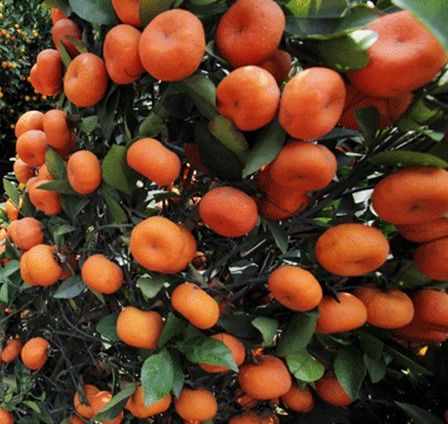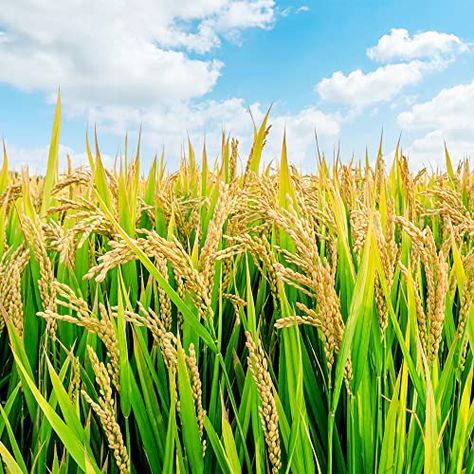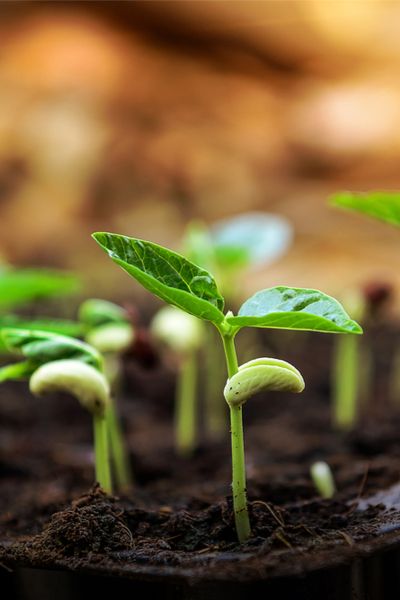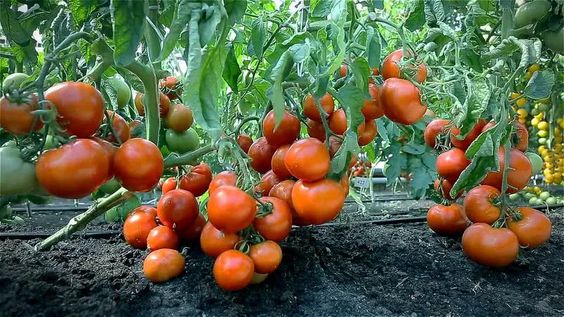Smart Agriculture: Enhancing Orange Seed Germination for Sustainable Farming
Orange Seed Germination Smart agriculture, also known as precision agriculture, integrates advanced technologies into traditional farming practices to enhance productivity, efficiency, and sustainability. This approach leverages data analytics, Internet of Things (IoT), automation, and artificial intelligence (AI) to optimize crop growth, soil health, and resource management. One area where smart agriculture can significantly impact is the germination of orange seeds, a critical phase in the cultivation of healthy and high-yielding orange trees.
Orange seed germination is a crucial process in citrus cultivation. Successful germination ensures the establishment of robust seedlings, which can grow into healthy trees capable of producing high-quality fruit. Traditional methods of germination, while effective, often face challenges such as inconsistent germination rates, vulnerability to diseases, and suboptimal growing conditions. Smart agriculture offers solutions to these challenges by introducing precision techniques and technologies.
Contents
- 1 Smart Agriculture Techniques for Orange Seed Germination
- 2 Benefits of Smart Agriculture in Orange Seed Germination
- 3 Objectives of Implementing Smart Agriculture in Orange Seed Germination
- 4 Explanation of Key Technologies in Smart Agriculture
- 5 Usefulness of Smart Agriculture in the Agricultural Sector
- 6 Advantages of Smart Agriculture for Orange Seed Germination
Smart Agriculture Techniques for Orange Seed Germination
1. IoT-Based Monitoring Systems
IoT devices, such as soil moisture sensors, temperature sensors, and light sensors, play a vital role in monitoring the environmental conditions necessary for optimal seed germination. These sensors provide real-time data on soil and ambient conditions, allowing farmers to adjust irrigation, temperature, and lighting to create an ideal germination environment.
2. Automated Irrigation Systems
Automated irrigation systems, controlled by data from IoT sensors, ensure that orange seeds receive the precise amount of water needed for germination. These systems reduce water waste and prevent over or under-watering, which can negatively affect seedling development.
3. Data Analytics and Predictive Modeling
Data analytics and predictive modeling tools analyze historical and real-time data to predict the best germination practices. These tools can provide insights into optimal planting times, soil preparation methods, and environmental conditions, leading to higher germination success rates.
4. AI and Machine Learning
AI and machine learning algorithms can process vast amounts of data to identify patterns and optimize germination processes. For instance, AI can recommend the best seed varieties based on soil type, climate conditions, and historical performance, ensuring that farmers use the most suitable seeds for their specific conditions.
5. Controlled Environment Agriculture
CEA involves using greenhouses or indoor farming systems where environmental conditions can be precisely controlled. This method is particularly beneficial for orange seed germination as it provides a stable and protected environment, free from external stressors such as pests, diseases, and extreme weather conditions.
Benefits of Smart Agriculture in Orange Seed Germination
1. Increased Germination Rates
By optimizing environmental conditions and using precision techniques, smart agriculture can significantly increase the germination rates of orange seeds. This leads to more uniform and healthier seedlings, which are essential for establishing productive orchards.
2. Resource Efficiency
Smart agriculture practices enhance resource efficiency by using data-driven approaches to manage water, nutrients, and energy. This not only reduces costs but also minimizes the environmental impact of farming operations.
3. Reduced Labor Requirements
Automation and AI reduce the need for manual labor in monitoring and managing germination conditions. This allows farmers to focus on other critical aspects of their operations, improving overall farm productivity.
4. Enhanced Disease Management
By providing real-time monitoring and predictive insights, smart agriculture helps in early detection and management of diseases and pests that can affect seed germination. This proactive approach ensures healthier seedlings and reduces the reliance on chemical treatments.
Objectives of Implementing Smart Agriculture in Orange Seed Germination
1. Improve Germination Success
The primary objective is to enhance the success rate of orange seed germination, ensuring that a higher percentage of seeds develop into strong, viable seedlings.
2. Optimize Resource Use
Efficient use of water, nutrients, and energy is a key objective, aimed at reducing waste and lowering the environmental footprint of farming activities.
3. Reduce Costs
Smart agriculture aims to lower the overall costs associated with seed germination by minimizing resource use, reducing labor, and improving disease management.
4. Increase Productivity
By producing healthier seedlings, smart agriculture contributes to the overall productivity of orange orchards, leading to higher yields and better-quality fruit.
Explanation of Key Technologies in Smart Agriculture
IoT Sensors
IoT sensors collect real-time data on various environmental factors such as soil moisture, temperature, and light intensity. This data is crucial for maintaining optimal conditions for seed germination.
Automated Irrigation Systems
These systems use data from IoT sensors to deliver precise amounts of water to the seeds. They can be programmed to adjust watering schedules based on real-time conditions, ensuring that seeds receive the right amount of moisture.
Data Analytics and Predictive Modeling
These technologies analyze data to provide insights and recommendations on the best practices for seed germination. Predictive models can forecast weather patterns, soil conditions, and other factors that influence germination success.
AI and Machine Learning
AI algorithms can process large datasets to identify trends and optimize germination processes. Machine learning models can learn from historical data to improve predictions and recommendations over time.
Controlled Environment Agriculture (CEA)
CEA systems, such as greenhouses, allow for precise control over environmental conditions. These systems create an ideal environment for orange seed germination, free from external stressors.

Usefulness of Smart Agriculture in the Agricultural Sector
Improved Crop Yields
By enhancing seed germination success rates, smart agriculture contributes to higher crop yields. This is particularly important for orange cultivation, where high-quality seedlings are essential for productive orchards.
Sustainable Farming Practices
Smart agriculture promotes sustainable farming by optimizing resource use and reducing the environmental impact of agricultural activities. This approach aligns with global efforts to promote environmentally friendly farming practices.
Enhanced Farm Management
Real-time data and predictive insights enable better farm management decisions. Farmers can respond quickly to changing conditions, improving the overall efficiency and productivity of their operations.
Economic Benefits
Increased yields, reduced resource use, and lower labor requirements translate into significant economic benefits for farmers. Smart agriculture helps farmers achieve higher profitability and sustainability.
Advantages of Smart Agriculture for Orange Seed Germination
Precision and Accuracy
Smart agriculture technologies provide precise and accurate control over germination conditions, leading to higher success rates and healthier seedlings.
Scalability
These technologies are scalable and can be adapted to farms of various sizes. Whether a small family farm or a large commercial operation, smart agriculture can be implemented to enhance germination processes.
Adaptability
Orange Seed Germination Smart agriculture is adaptable to different environmental conditions and can be customized to meet the specific needs of orange cultivation in various regions.
Long-Term Benefits
The long-term benefits of smart agriculture include improved soil health, reduced environmental impact, and increased farm sustainability. These benefits contribute to the overall resilience of the agricultural sector.
Orange Seed Germination Smart agriculture offers a transformative approach to orange seed germination, integrating advanced technologies to enhance efficiency, productivity, and sustainability. By leveraging IoT, automated systems, data analytics, AI, and controlled environments, farmers can optimize germination conditions, leading to healthier seedlings and higher yields. The benefits of smart agriculture extend beyond improved germination rates, encompassing resource efficiency, cost reduction, and enhanced farm management. As the agricultural sector continues to evolve, the adoption of smart agriculture practices will play a crucial role in meeting the challenges of sustainable and productive farming.




